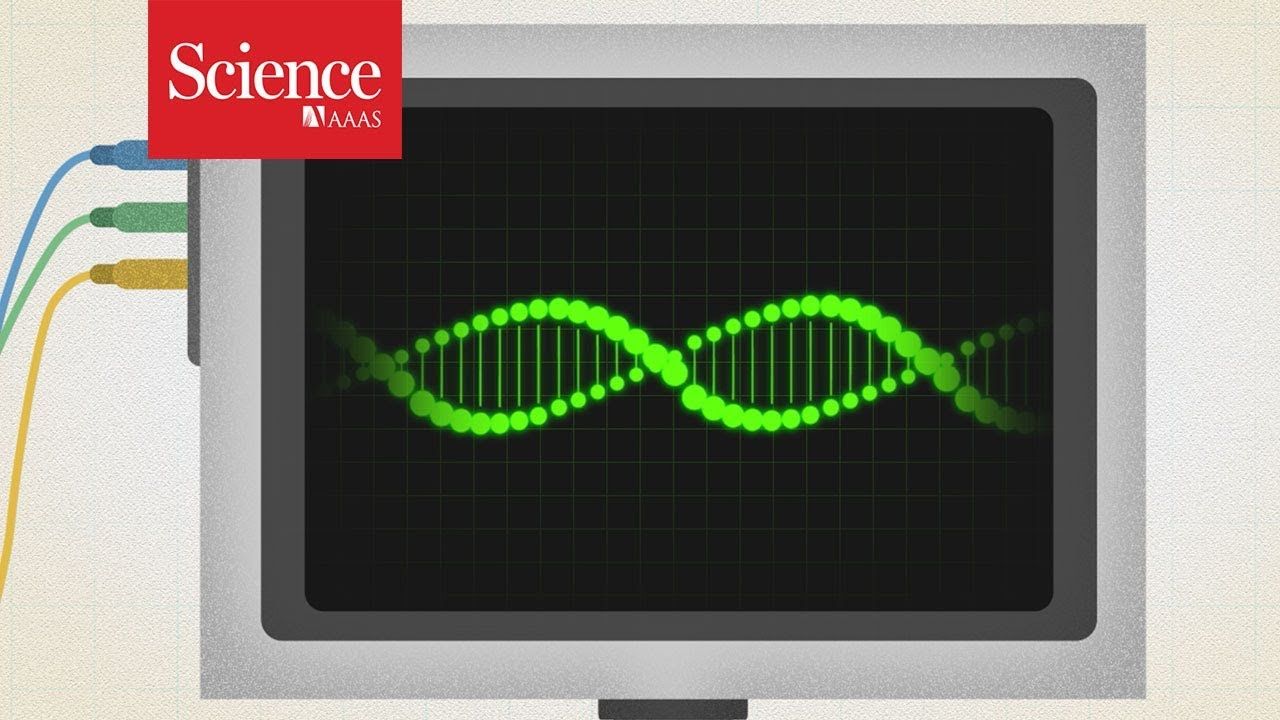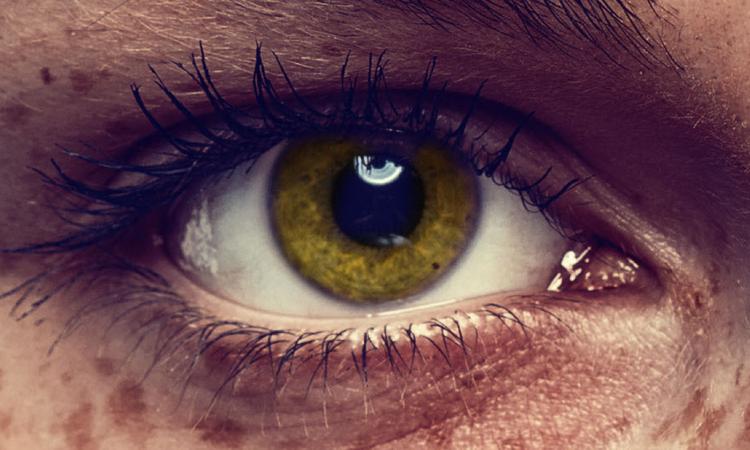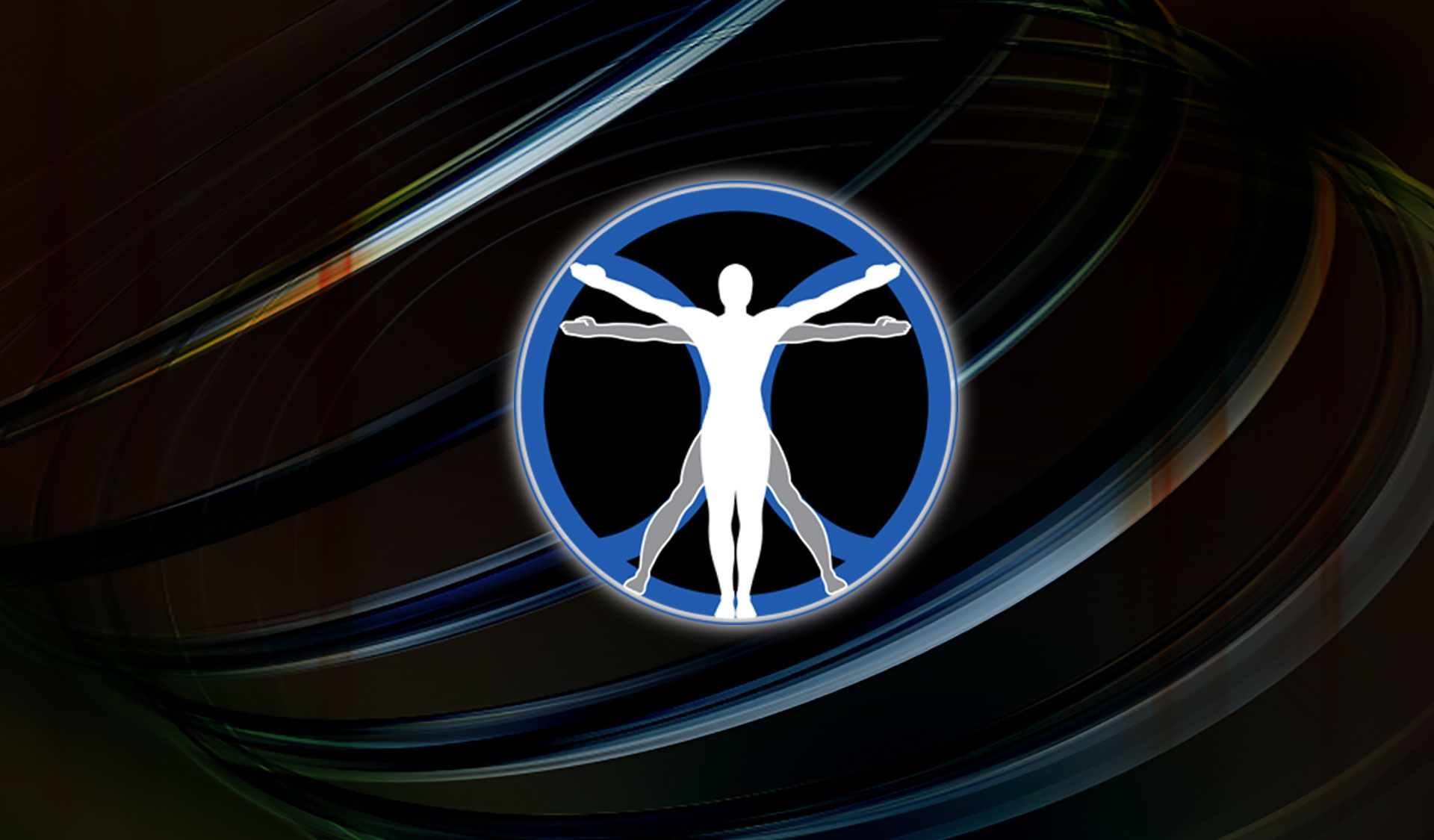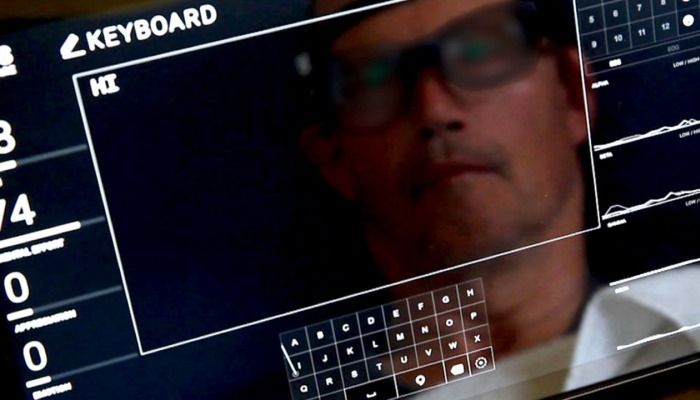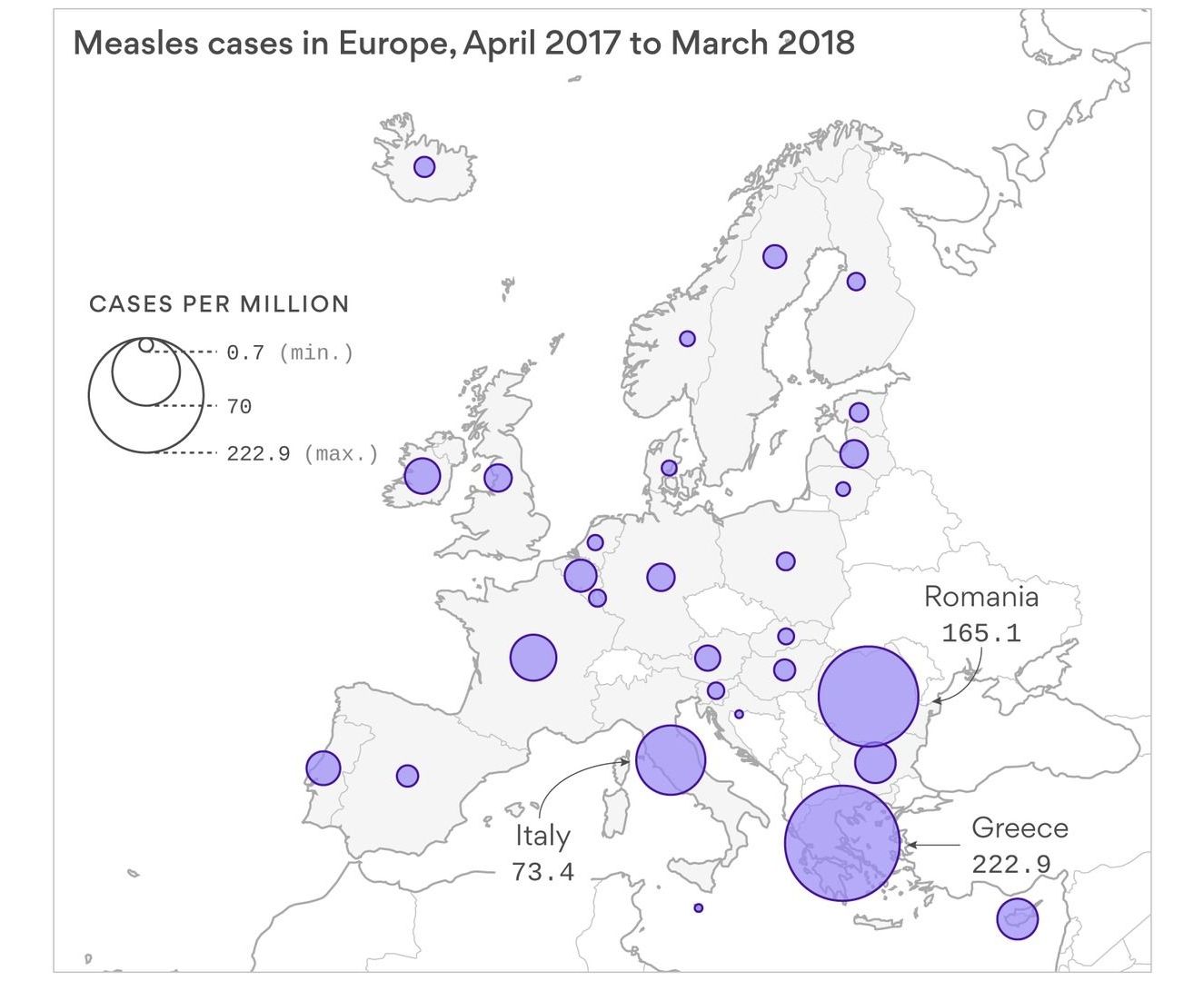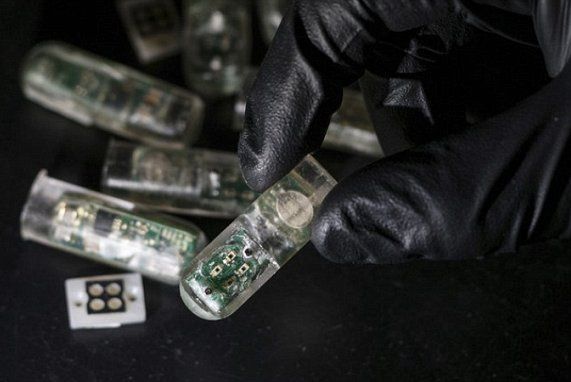Page 8850
May 25, 2018
Can You See a Single Photon with Your Naked Eye?
Posted by Genevieve Klien in category: particle physics
It isn’t always easy to wrap your mind around how light works. It’s a particle, but it’s also a wave, and that wave can be powerful. Photons generally travel en masse — we’re talking densities in the range of quadrillions per square inch if they’re coming from the sun. But what if instead of the whole wave crashing over you, you were only hit by a single drop of light — would you know? In other words, is it possible for the human eye to see a single photon?
May 25, 2018
Nanoparticles carry drug duo into the brain to fight cancer
Posted by Genevieve Klien in categories: biotech/medical, nanotechnology, neuroscience
Glioblastoma is one of the most deadly forms of cancer. Affecting the brain, those unlucky enough to receive a diagnosis don’t have many treatment options – and usually a median life expectancy of just over a year. Now, researchers at MIT have developed nanoparticles that could provide hope, crossing the blood-brain barrier and delivering two types of drugs to fight tumors.
The MIT nanoparticles are liposomes, fatty droplets that can carry one drug on the inside and another in the outer layer. On the inside, the particles were loaded with a common chemotherapy drug called temozolomide, while the outer shell contained a more experimental substance known as JQ-1.
Exoskeleton technologies can bring new capabilities to fighting forces and improve endurance and safety in industrial settings. Lockheed Martin continues refinement of next-generation industrial products with primary focus on powered exoskeletons. Lockheed Martin’s new lower-body exoskeleton has demonstrated to increase mobility. By reducing the effort in walking and climbing this technology can literally help soldiers and first responders go the extra mile while carrying mission-essential equipment.
May 25, 2018
Here’s how China is challenging the U.S. and European brain initiatives
Posted by Derick Lee in categories: government, neuroscience
The nascent China Brain Project took another step toward reality last week with the launch of the Shanghai Research Center for Brain Science and Brain-Inspired Intelligence. The new center and its Beijing counterpart, launched 2 months ago, are expected to become part of an ambitious national effort to bring China to the forefront of neuroscience. But details of that 15-year project—expected to rival similar U.S. and EU efforts in scale and ambition—are still being worked out, 2 years after the government made it a priority.
New research centers move 15-year project closer to reality.
One of the great things about space exploration is how it can shift your perspective. And you don’t even need to leave home. Here we all are in our spaceship Earth, approaching planet Mars, the planet slowly looming larger in our forward view.
May 25, 2018
A tiny start-up could beat Elon Musk and Mark Zuckerberg at linking brains and computers
Posted by Klaus Baldauf in categories: computing, Elon Musk, neuroscience
Tesla’s Elon Musk and Facebook’s Mark Zuckerberg each aim to create the world’s first brain-computer interface, but a start-up called Nuro could beat them to the punch with a simpler piece of software.
Business Insider UPDATED : Friday, 25 May 2018, 3:02PM
May 24, 2018
Measles makes alarming return to Europe and the Americas
Posted by Genevieve Klien in categories: biotech/medical, economics, health, neuroscience
Why it matters: Measles is a killer disease. It’s estimated that more than 2 million children a year died from measles in the 1980s, but due to global vaccine programs (including Gavi, the Vaccine Alliance launched in 2000), that number has been brought under 70,000 cases. The return of measles to Europe and the Americas could suggest that some of our vaccine successes could be reversing or unraveling. In the case of Venezuela, measles outbreaks are mostly due to the effect of broad economic problems on its health care system, but for Europe and the U.S. measles outbreaks show the effects of powerful and well-organized anti-vaccine movements.
What’s next: Vaccines do not cause autism, but more advocacy is needed to counteract the false claims of anti-vaccine groups. In April 2018, the European Commission proposed activities to strengthen the EU’s capacity to vaccinate its population and address what some call “vaccine hesitancy.” In the U.S., however, there are still 18 states that allow non-medical vaccine exemptions linked to personal or philosophical beliefs.
Peter Hotez is a professor and dean of the National School of Tropical Medicine at Baylor College of Medicine, where he is also director of the Texas Children’s Hospital Center for Vaccine Development, and the author of “Vaccines Did Not Cause Rachel’s Autism.”
Continue reading “Measles makes alarming return to Europe and the Americas” »
May 24, 2018
Swallowable ‘bacteria on a chip’ could help diagnose colon cancer, bowel disorders and gut ulcers
Posted by Genevieve Klien in categories: biotech/medical, computing, genetics, health
Unlike other ingestible chips, this new version by MIT contains millions of genetically engineered living cells to act as sensors, designed to light up when they detect bleeding.
It’s the latest advance in a growing field of sensors that can be swallowed or worn to monitor our health.
Pills equipped with cameras, thermometers and acidity gauges already look for disease and track digestion.
May 24, 2018
Does a black hole ever die?
Posted by Genevieve Klien in categories: cosmology, futurism
Astronomer Misty Bentz would like you to know that black holes don’t suck. “They’re not cosmic vacuum cleaners going around and sucking everything in,” she says. “They just use gravity the same way everything else does.”
Instead of a cosmic drinking straw, a black hole is a place in the universe that is so massive and dense that anything caught in its significant gravitational pull is unable to escape.
Black holes have been in the news a lot lately, from the swarm found near the supermassive black hole at the center of our galaxy, to the fastest-growing black hole ever observed, which ingests the equivalent of the mass of our Sun every two days, to the most distant black hole ever detected, dating to the dawn of the universe. From their inception to their potential demise far in the future, black holes are a fascinating part of our universe. Here’s their story as we understand it now, from start to finish.
